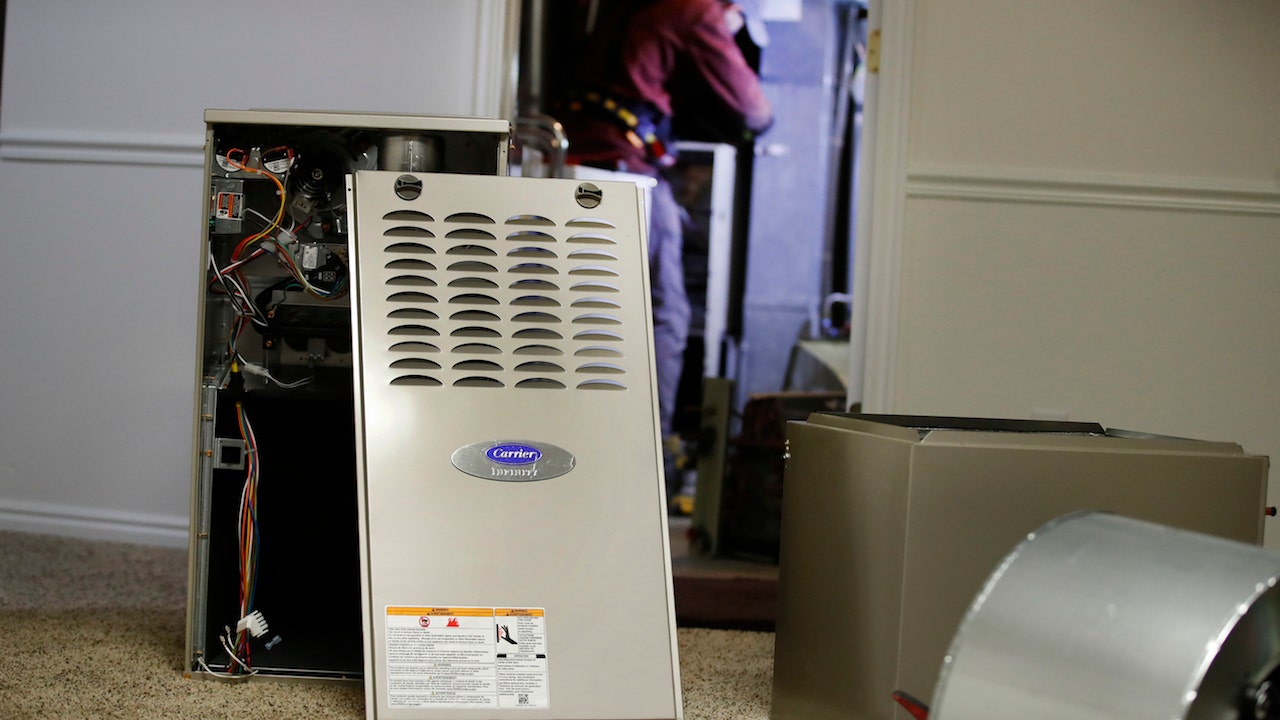Contrary to headlines about low unemployment, the tech industry is experiencing a broad wave of layoffs, sending shock waves through the sector. The uptick is especially hurting IT professionals, who are accustomed to high salaries and job security, but they are experiencing some trouble due to their lack of training in the use and deployment of AI tools.
While there have been concerns expressed about these emerging tools, they actually present a crucial opportunity for educators to embrace the future and catch up with global competitors.
The demand for expertise in cybersecurity, AI and data science is booming while jobs in areas like telecommunications and basic IT are declining. This shift is driven by the increasing adoption of AI across industries, which are automating routine tasks and creating new opportunities that require more advanced skills.
THIS ROBOT INVENTION CAN DO BACKFLIPS BETTER THAN A GYMNAST
Some even fear that AI will replace human workers entirely, but this is a dramatic misconception. AI is not a replacement for humans; rather, it is a powerful tool that can augment human capabilities and unlock new possibilities for our development.
Artificial intelligence is supposed to serve as a new tool to make humans able to do more. (istock)
Just as calculators didn’t eliminate the need for arithmetic, and computer processing didn’t eliminate the need for reading and writing skills, AI will not render human intelligence obsolete. Instead, it will elevate us to new levels of innovation and problem-solving.
Imagine a world where AI assists doctors in detecting cancerearlier and with greater accuracy, helps engineers preventbuilding collapses and allows scientists to developlife-saving drugs faster. This is not science fiction; it is the tangible future that AI is already unlocking. These advancements will only grow and thrive if we equip our workforce with the necessary skills.
This is where education plays a required role. America must bridge the growing skills gapby integrating AI education into our curriculum, from primary schools to universities. Teaching students how to use, develop and optimize AI tools is no longer optional; it is essential for their future success and for our nation’s continued global leadership in most industries.
Educators must explore how AI can personalize learning experiences and provide differentiated instruction for diverse student needs. They can turn to organizations like theInternational Society for Technology in Educationand the Consortium for School Networking for resources and professional development opportunities on how best to integrate AI into education.
Likewise, universities contain experts in AI who can provide guidance to educators on emerging trends and best practices. And as educators learn, they will share with their colleagues how best to integrate technology into their classrooms.
CLICK HERE FOR MORE FOX NEWS OPINION
AI can also advance and individualizethe learning experience. Imagine students learning about history through interactive AI-powered simulations or mastering complex scientific concepts with personalized AI tutors. The American education system can be revolutionized with AI by integrating tools that tailor learning experiences to individual needs and fostering deeper engagement.
However, incorporating AI tools into education goes beyond simply teaching technical skills. America must also cultivate critical thinking, ethical awareness and creativity in our students. AI is a powerful tool, but its impact depends on the intentions and values of its users. American schools must educate responsible citizens who can harness the power of AI for good, addressing potential gapswhere bad actors may abuse the tool and aiding its ethical application.
The United States has a long and proud history of fostering innovation on the global stage, too. America cannot afford to fall behind in the AI revolution as global competitors like China are already significantly aheadin integrating these tools into their education systems. By embracing AI in American classrooms, we can empower future generations to solve the world’s most pressing challenges and create a brighter future for the U.S.
This is a call to action for American educators, policymakers and industry leaders to collaborate, invest and require education in AI. We must equip our students with the skills and knowledge they need to thrive in the AI-powered world, or we will fall behind.
The future is bright, but only if we choose to embrace it. Let’s not fear AI; let’s educate for it in America.
CLICK HERE TO READ MORE FROM CARL SZABO
Carl Szabo is vice president and general counsel for NetChoice, and professor of internet law at the George Mason University’s Antonin Scalia Law School.




 Video
Video